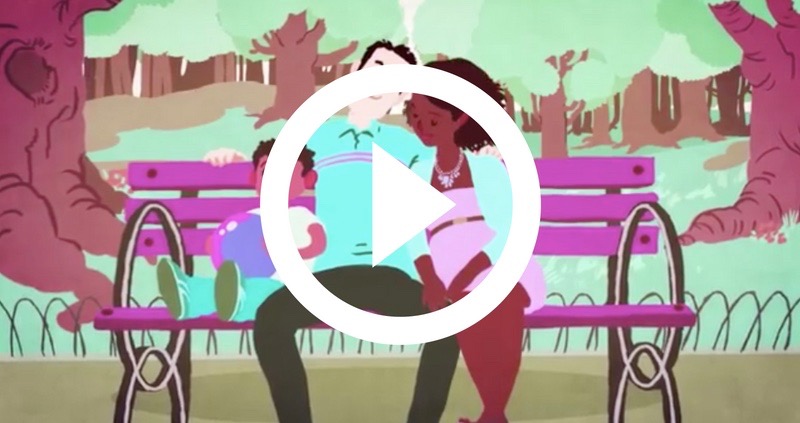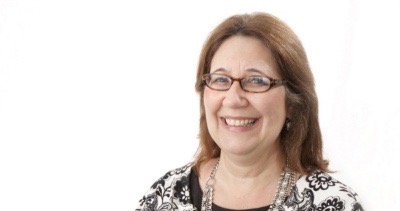Don’t Let the Culture Raise Your Kids
Contributed by Myrna Lapres
Just imagine that an alien suddenly dropped into our world to find out what our society thinks about sex. He’d observe how sex is presented in the TV shows we watch, the movies we go to see, the magazines and books we read, and what we look at on our computer screens and smartphones. Maybe he’d go to a high school and sit in on a sex education class to learn what kids are taught about sex. It’s not hard to figure out what his conclusions would be. He’d assume that everyone’s ‘doing it,’ that there aren’t any consequences (or none that anyone worries about ahead of time), that it’s apparently enjoyable but not meaningful, that marriage has nothing to do with it (if he’d even come across the concept of marriage), that there’s no moral component (if he’d come across the concept of morality), and that there’s no connection between sex and planning a family. Marcia Segelstein
In her new book, “Don’t Let the Culture Raise Your Kids,” Marcia Segelstein shows us how today’s parents need a different parenting plan than in the past. Written with the journalistic thoroughness she honed for many years covering family issues as a columnist and producer for CBS, Ms. Segelstein sheds light on the issues and trends that justifiably cause parents to be concerned for the health, safety and spiritual well-being of their kids.
She does an incredible job of demonstrating, from studies and various anecdotes, that the influence of parents over their children tends to be limited in our current society. As the influence of parents decreases, the influence of the culture increases. Through the book, Segelstein highlights five major cultural influences (school, media, sex, pornography, and consumerism), shows the impact these influences have on our children, and highlights ways that parents can take back the role as influencers in a positive way.
The first chapter, “The Critical Role of Parents” is an amazing reframing of what it means to be a parent, a welcome shift from the modern approach. Ms. Segelstein states:
If we want our children to follow us, instead of the culture, we need to gain their respect. We need our children to listen to us and to trust us so that ours are the values they embrace and ours are the voices they heed.
She further asserts that our first task is to become confident, authoritative parents. This does not mean stern and rigid but rather parents who provide love and limits. Quoting Dr. Jane Anderson, a Clinical Professor of Pediatrics at the University of California San Francisco, Ms. Segelstein says that, “These are parents who provide rules and standards…for their children…they’re nurturing, responsive and loving. I call them the nurturing, loving, rule-setting parents.”
The chapter on the media is a hugely important wake-up call for our media-dependent culture–especially when connected to the later chapter on pornography, an issue which I believe parents need to be extremely aware. The use of cell phones, computers and other forms of media has become the leading activity for children and teens other than sleeping. “Don’t Let the Culture Raise Your Kids” gives parents support in making some family rules and managing this huge influence on our children.
Written from the Christian perspective, Ms. Segelstein draws on her experience as a Catholic, her years of writing for the National Catholic Register, the “Family Time” segments that she produced for CBS This Morning as well as her own experience as a mother. Parents of all backgrounds can find valuable resources and information in this book. Each chapter includes a section of Solutions, Tips & Tools with many resources and suggestions. I especially resonate with the ones presented in the first chapter as they are foundational components of creating a happy family that I recommend in my weekly blogs and webinars. These include having rules about manners and respect, establishing rituals, family dinners, chores (which are contributions to the family), creating a family mission statement, and weekly family meetings.
I highly recommend this book for parents and grandparents of children birth through high school. It is eye-opening, at times confronting and scary but also provides a wealth of information and tools. Thomas Lickona, author, psychologist, and education professor said it best:
This book is a godsend for families of faith, but it’s also for everyone who cares about kids and wants to learn more about how to deal with the very real threats to their hearts, minds, and souls from the world they know how to grow up in. Consider it for a book study in your church, school, or community—and offer a copy to your pastor.






